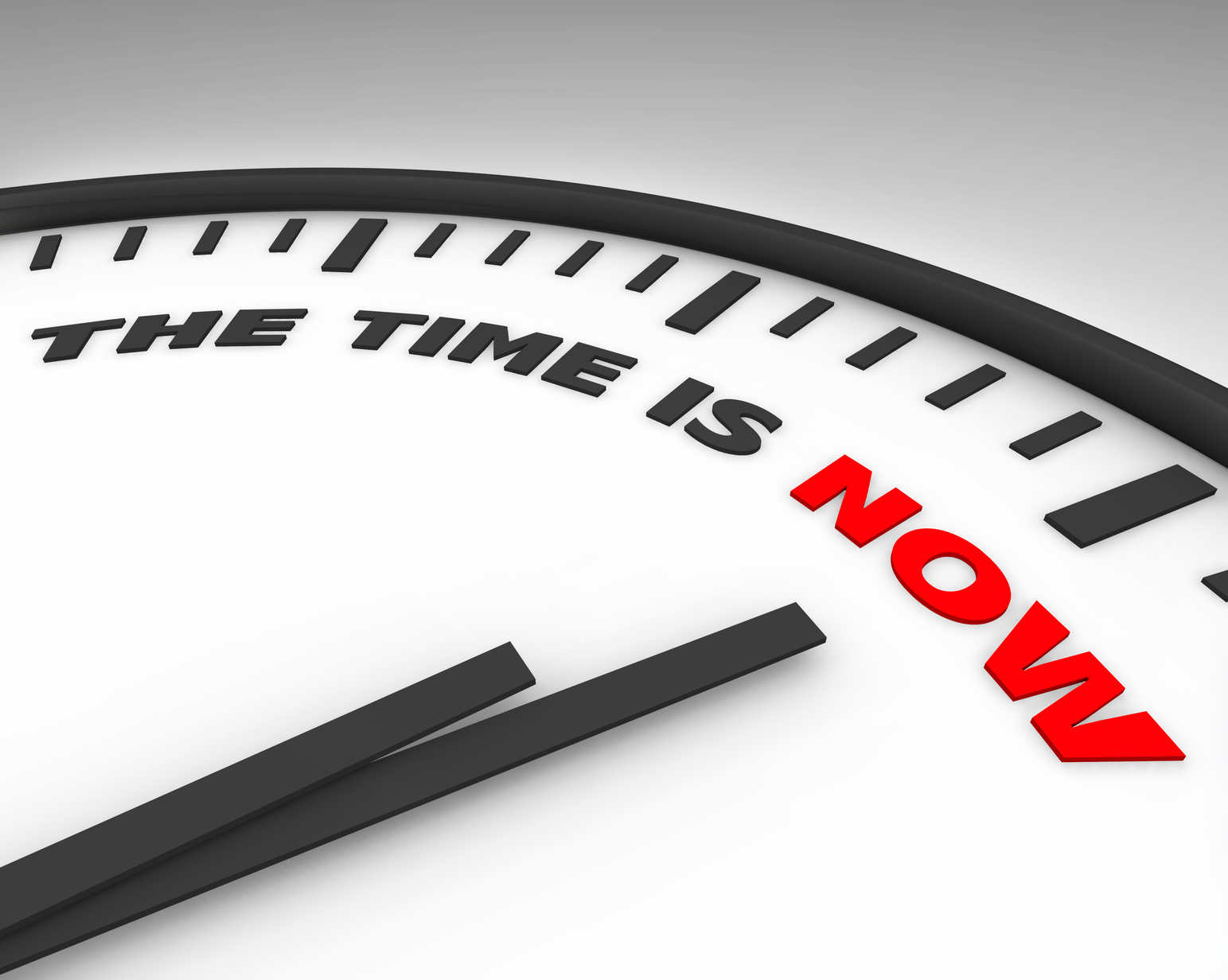
What Time Should You Workout Each Day?
Should You Workout In The Evenings?
If you are exhausted from your job. If you chauffeur kids around all evening. Then working out right after work might not be the most effective strategy either. Keep in mind what time you go to bed each night too. The most often cited disadvantage of evening workouts is the potential for disrupted sleep. The energy boost that physical activity provides may be counterproductive if you exercise too close to bedtime. Also, willpower wanes over the course of the day for most people. It can be more difficult to hit the gym in the evening – even when you wake in the morning with the best of intentions. Paying for a class or committing to a friend can make it easier to follow through.
A late-day workout can be an effective stress-reliever after a long day of work – if you have the energy to exercise and don’t allow fatigue to keep you from following through on your fitness goals. Gyms typically offer plenty of after-work classes, and it can be easier to find a workout partner who is free in the evening than one who is up for a 6 a.m. gym meet-up.
Can You Do A Lunch Workout?
A lunchtime or mid-afternoon workout can be a great break from the workday. It can provide a much-needed energy boost and mental health break, leaving you more productive toward the end of the workday.
One downside to afternoon workouts is limited time. If you work all day, sneaking away from the office midday to work out can be a little challenging. Even if you can free up the time, you may have to cut workouts short. Also, meal planning can be a little tricky if your afternoon workout is around lunchtime. It may take some trial and error to determine if working out before or after lunch is best for you.
Other Things To Consider
Traffic and Weather are considerations as well. You might not want to schedule your daily bike ride during the evening rush hour. Just like you might want to avoid running during the cold morning hours in winter or at peak sun during the summer. More experienced exercisers or athletes may consider physiological factors that probably aren’t a concern to the average gym-goer. Things like core temperature, circadian rhythm, hormone levels and reaction time are important when athletes time their workouts. If you’re simply trying to establish a routine, convenience and consistency should be your top priorities.
Make A Plan & Stick to It
Wrapping it up, the best thing to do is sit down and look at your schedule each day and add your workout time into that schedule. From there, stick to it and make it part of your routine – whatever that routine is. There might be days that are more easier for you to get a workout in. There might be days where no matter how hard you try it just isn’t going to happen. Plan for success! Then execute the plan!
Remember, the key to long-term success is consistency. The science may tell you that exercise at a particular point in the day is most effective, but that doesn’t mean much if you cannot regularly exercise at that time of day. Consider all of the factors! Be honest with yourself! Get started! Now is as good a time as any!
If you need help with this please let us know! Check us out at www.lakecountrytraining.com
Thanks!



